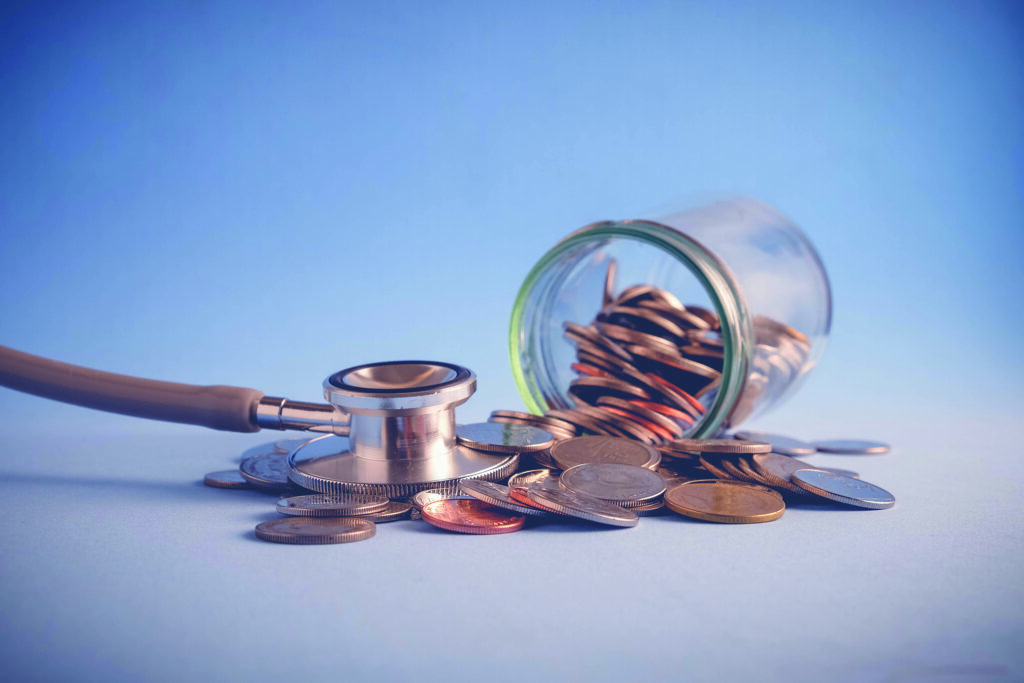End-of-the-Year Tax Tips That Keep Physicians in Mind
It may be only November, but it is always a great time to start thinking ahead about filing your 2019 tax returns. Of course, everyone wants to save as much money as possible come tax time, and doctors are no exception. Just because doctors usually make what most adults would consider a “luxurious” salary doesn’t mean they are without student loans, car loans, mortgages, etc., financially draining them like the rest of us! Often, doctors are so busy they don’t have time to consider all the options regarding deductions and write-offs.
Below are several helpful tips for doctors, or anyone who wants to take the reins of their finances and come out ahead when it’s time to crunch the numbers. Almost everyone can benefit from gaining a little more financial literacy, so these tips will prove useful to anyone who wants to make sure they are making smart financial decisions.
Tax-deferred retirement plans, such as SEP-IRAs and 401ks are beneficial because of the ability to put in large amounts of cash and pay literally no tax. The White Coat Investor explains that if you’re in the highest tax bracket, “you could have a marginal tax rate approaching 50%. That means for every $2 you put in a retirement account, you save $1 on your tax bill.” If you are paid on W-2s, you “may be limited to as little as $17,000 into a 401K, but many 401Ks will match you or at least allow you to self-match up to the $50,000 limit.”
Another example: If you are a contractor and paid on 1099s, you are able to “contribute 20% of your income in a SEP-IRA, up to a maximum of $50,000, with an additional ‘catch-up’ contribution of $5,500 if you’re over 50. If you don’t make an annual income of over $250,000, you can contribute even more than 20% to a Solo 401K, so you might want to use that instead of a SEP.”
Health insurance contributions to an HSA (health savings account) are deductible business expenses, as are health insurance premiums. While having a high-deductible plan combined with an HSA may not be right for everyone, it could be beneficial to consider this combination if you don’t go to the doctor frequently.
Many self-employed doctors frequently miss business expenses, such as travel, meals, accommodations, office equipment, and supplies, medical equipment, CME expenses, licensing fees, communication expenses, board exam fees, etc.
In addition, donations to qualified charities are tax-deductible, too. Giving appreciated assets away rather than giving money is another way to be charitable and tax-savvy at the same time. Starting a new year is always a good time to get a fresh, clean start by decluttering and donate some of your older equipment to schools, for example.
Selling off any investment losses is advised for any stocks you may have purchased that never really took off.
Thinking ahead to next year is always a good idea, too. Should you receive a raise, for example, you may elevate to another tax bracket or increase your tax obligation. Staying aware of the small ways to keep your taxes down is a year-round practice in mindfulness that can help take the headache out of some of it at the end.
